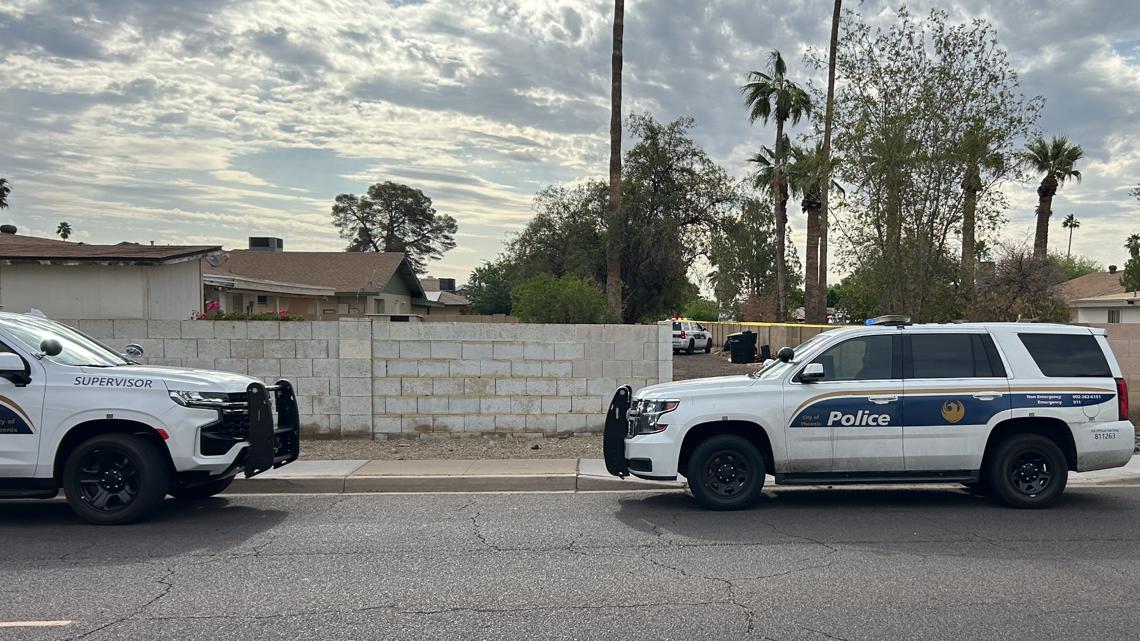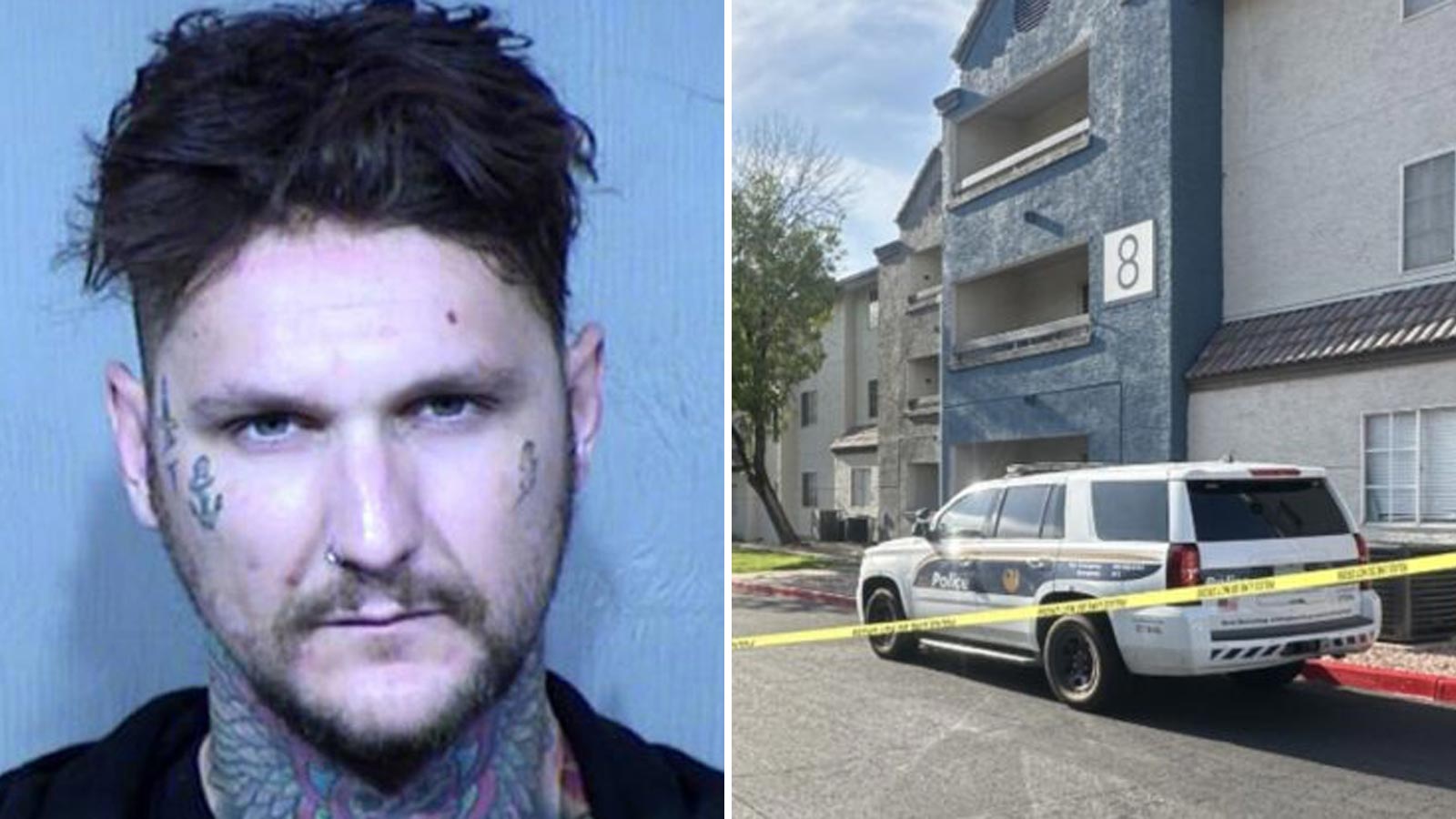The penalty phase of the federal trial for Robert Bowers, the individual responsible for the deadliest antisemitic attack in U.S. history, commenced with his defense attorney, Michael Burt, asserting that Bowers suffered from severe mental health issues that impaired his ability to comprehend the consequences of his actions.

Bowers, who was convicted of killing 11 worshippers at a Pittsburgh synagogue in 2018, now faces the possibility of the death penalty. The defense is seeking to convince the jury to spare Bowers from capital punishment based on his mental incapacity.
During the opening statements, Burt argued that Bowers had experienced psychotic, delusional, and paranoid symptoms since childhood, which were exacerbated by significant brain defects and a history of suicide attempts. According to the defense, these factors rendered Bowers incapable of fully understanding the world or making sound judgments. Medical tests conducted on Bowers revealed structural deficiencies in his brain, as well as symptoms consistent with epilepsy and schizophrenia.
Prosecutor Troy Rivetti challenged the defense’s claims, stating that the government was fully prepared to counter any mental health defense presented. Rivetti emphasized that Bowers had entered the Tree of Life synagogue in Pittsburgh on October 27, 2018, with the clear intention of committing mass murder. He underscored the gravity of Bowers’ crimes, highlighting the 11 innocent worshippers who tragically lost their lives in the attack.
Throughout the trial, Bowers appeared detached, displaying a minimal reaction to the lawyers’ statements as he casually flipped through papers. The prosecution concluded its case during the first stage of the penalty phase, which focused on establishing eligibility for the death penalty. The defense is now scheduled to present its witnesses. However, before the jury can consider imposing a sentence, they must first determine whether the case meets the criteria for capital punishment.
The death penalty has become a prominent topic in the 2024 presidential race. The federal death penalty gained increased attention when the Trump administration resumed executions in 2020 after a 17-year hiatus, resulting in the highest number of federal executions overseen by a president in over a century. In contrast, President Joe Biden campaigned on his commitment to ending capital punishment at both the federal and state levels. Although Attorney General Merrick Garland has temporarily halted federal executions to review policies and procedures, federal prosecutors continue to pursue the death penalty in eligible cases, including Bowers’.
Should the jury decide that Bowers deserves the death penalty, it would mark the first federal death sentence imposed during President Biden’s tenure. In a similar federal capital trial earlier this year, jurors failed to reach a unanimous decision on the death penalty, resulting in a life sentence for Islamic extremist Sayfullo Saipov, responsible for killing eight people in New York City.
Robert Bowers, a 50-year-old truck driver from suburban Baldwin, committed a horrific act of violence by targeting three congregations—Dor Hadash, New Light, and Tree of Life—during Sabbath services in Pittsburgh’s Jewish community. The attack claimed the lives of 11 worshippers, leaving two additional worshippers and five police officers injured. After five hours of deliberation on June 16, the jury found Bowers guilty on all 63 counts. The same jurors are now tasked with determining his eligibility for the death penalty.
The prosecution’s primary responsibility is to establish Bowers’ intent behind the killings and present at least one aggravating factor that heightens the heinousness of the crimes. Rivetti highlighted the vulnerability of many victims, particularly the elderly and frail, as he showcased a photograph of a cane left on a pew by Bernice Simon—an elderly victim who was shot and killed while attempting to assist her mortally wounded husband.
The defense’s argument revolves around Bowers’ mental health, asserting that his long-standing psychotic condition, brain defects, and history of suicide attempts significantly impaired his capacity to comprehend the consequences of his actions. Burt aims to evoke empathy from the jury, urging them to consider Bowers’ mental incapacity as grounds for leniency.
The jury faces the challenging task of weighing Bowers’ mental state against the severity of his crimes to determine the appropriate punishment. Their decision carries profound implications, not only for Bowers but also for the broader discourse on mental health and capital punishment in the United States. The outcome of this trial will undoubtedly shape the future of legal proceedings involving defendants with mental health challenges and the application of the death penalty in the country.
READ ALSO: Mysterious Death of Young Man Found in Bonfire Pile Shocks Arizona Authorities




